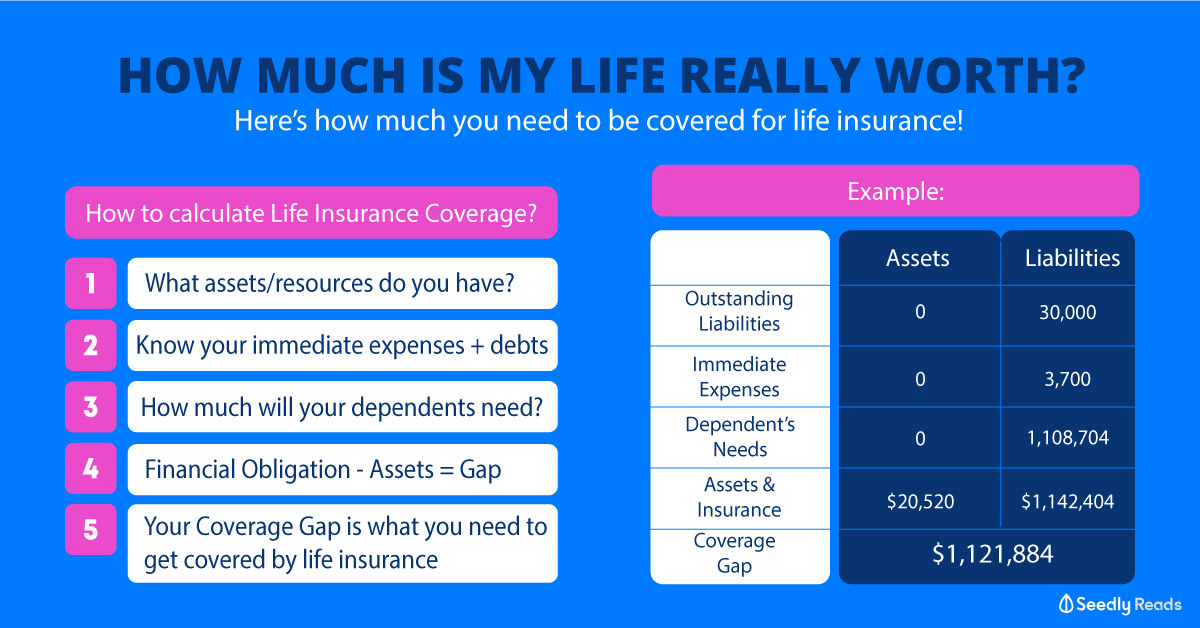Advertisement
Anonymous
From what I understand, CI usually comes as a rider on term/whole life insurance. As such, should I wait till I have dependents before buying CI?
Would it be possible to convert a standalone CI plan to one that is tied to a life plan later on? If not, would it be more expensive to purchase CI as a standalone plan as compared to a rider?
9
Discussion (9)
Learn how to style your text
Reply
Save
Tan Li Xing
08 Jul 2020
Financial Consultant at Prudential Assurance Company (Singapore)
Hi Anon,
For most plans yes, CI is usually added as a rider, but with the current trends, CI tends to be a part of most Whole Life plans now.
If you already have a whole life plan, you could check with your agent if you are able to add in a CI rider after the policy anniversary, I do think this will make it easier for yourself actually.
If you want to get a CI plan later, that is also possible however in regards to insurance, it's always better to get it early as premiums are usually more affordable when we are healthy and young. Insurance is paid with cash, but actually bought with our health and youth.
Reply
Save
Elijah Lee
07 Jul 2020
Senior Financial Services Manager at Phillip Securities (Jurong East)
Hi anon,
If you are talking about a whole life, or a term plan covering death/TPD, then yes, genera...
Read 1 other comments with a Seedly account
You will also enjoy exclusive benefits and get access to members only features.
Sign up or login with an email here
Write your thoughts
Related Articles
Related Posts
Related Products

FWD Term Life Plus Insurance
4.8
10 Reviews
FWD Term Life Plus Insurance (Renewable Term)
$1,500,000
MAX SUM ASSURED
5 years
PREMIUM TERM
Death, Terminal Illness
COVERAGE

Tiq DIRECT - Etiqa Term Life Insurance
4.3
3 Reviews

Great Eastern GoGreat Term Life Insurance
5.0
1 Reviews
Related Posts
Advertisement







Hey there!
Usually, ECI/CI riders are pegged to the life/term policies and the riders can either be Accelerating (they reduce your death benefit as it "accelerates" the payout) or Additional (it does not reduce your death benefit; its an additional payout on top of your death benefit). Typically, CI riders by default are Accelerating. Which rider to choose will depend on your budget; of course, additional CI riders will mean a bigger budget.
Standalone CI plans offer the benefits of multi-pay, ie. they offer multiple payouts for different occurences of CI, whether its a relapse or a different CI. Some CI plans have a "cash value version" to it with the caveat of not having any claims up till a certain age, eg. AIA Power Critical Cover. Of course, if you have a family history of certain CI, the CI plan with cash value wont be encouraged and also because they tend to be more pricey compared to the regular CI plan.
Whether to go for a standalone CI plan or a rider to Life/Term plan depends on your needs. Some people prefer a 3-in-1 solution (CI, death, TPD coverage in a single plan). Life plans also come with a cash value at some point to help offset your total cost of premium. Of course, this means it will be more expensive compared to getting a term and standalone CI plan.
I will normally encourage a term plan + standalone CI plan combination. Reason being that many CIs are interrelated eg. Stroke and heart attack and there maybe relapses that a rider may not cover.
The earlier you get your CI plan, the cheaper it is and you don't have to face the risk of having an onset of a condition that may affect your future application of the CI plan. In general, the underwriting will rule out your application, either as a rejection, loading (higher premiums) or exclusions if there is a condition. This wont be helpful if the application of the CI plan is delayed. So do try and get it quickly if your budget permits you!
Some CI plans come with premium waiver riders too. This means the plan will still be in force in the event the insured is unable to fund the plan due to the occurrence of CI. Of course, different riders may have different caveats so referring to the T&C is important.
All the best!
Financial planning is an integral part of life. You can reach me here to find out more.